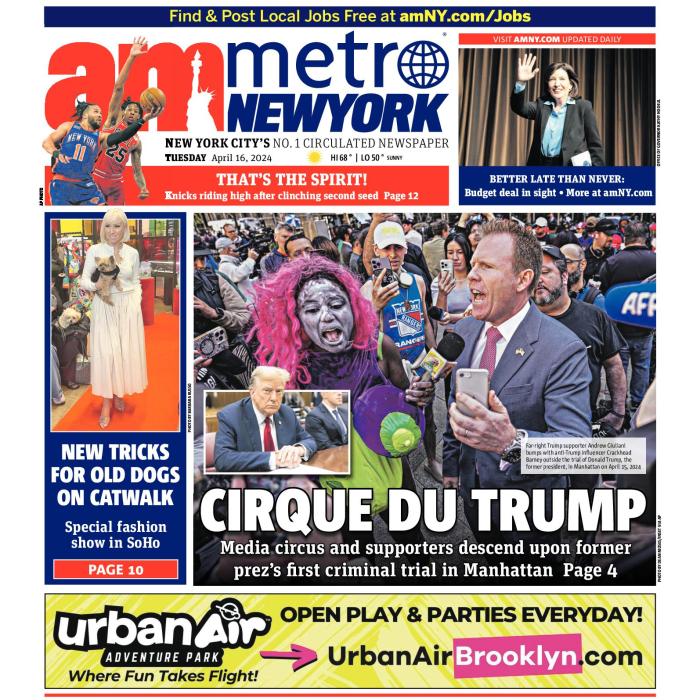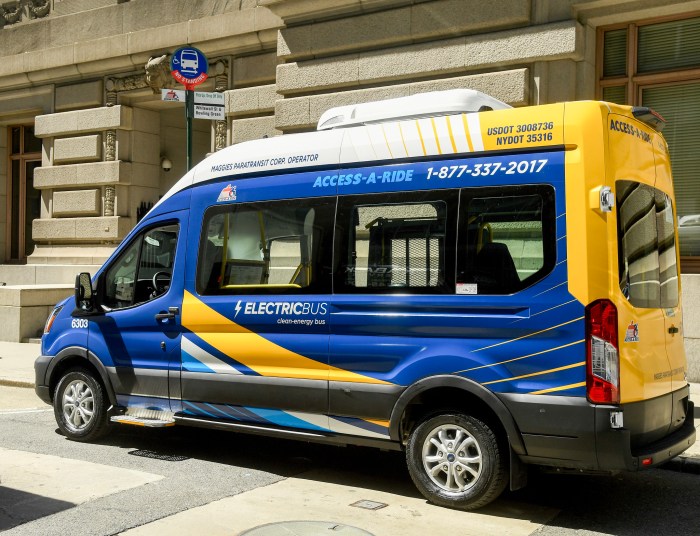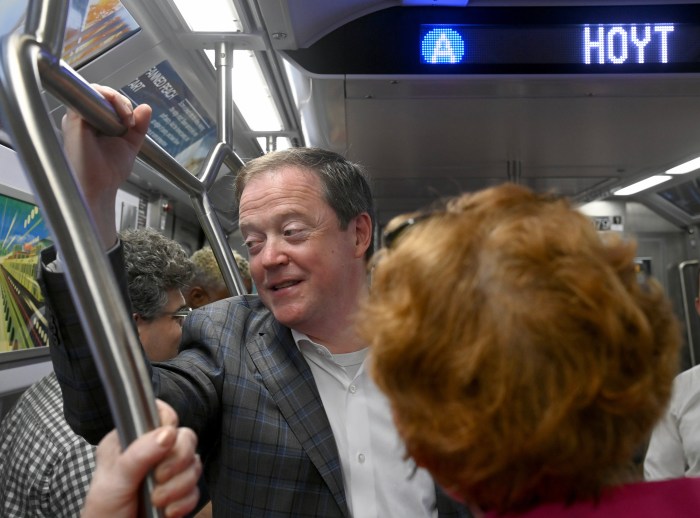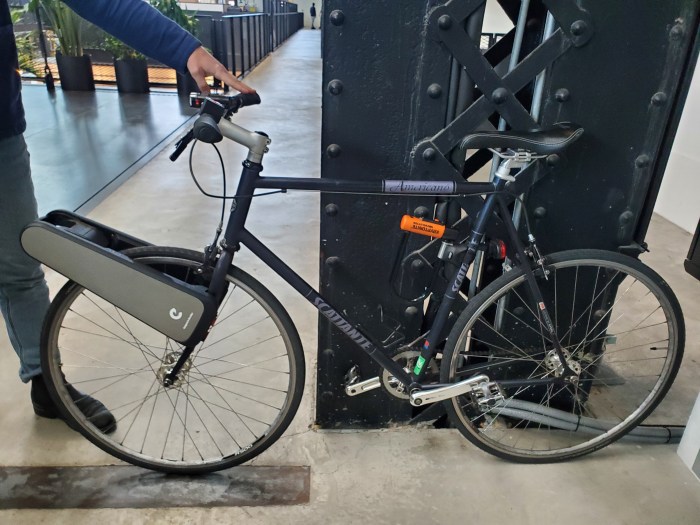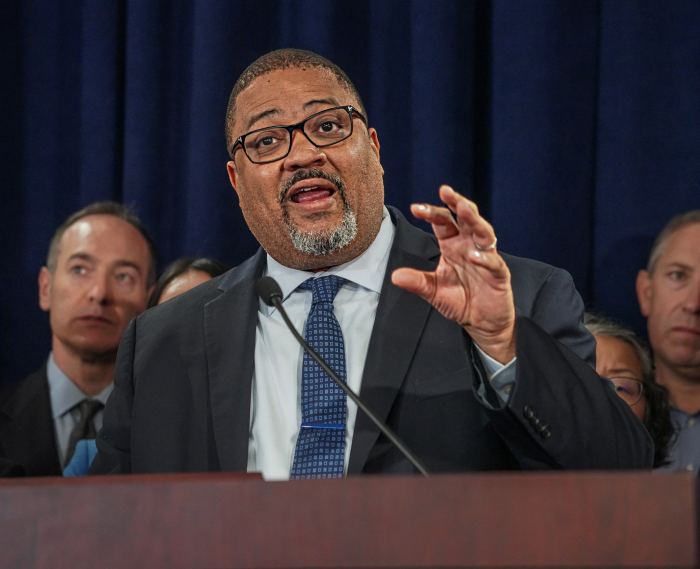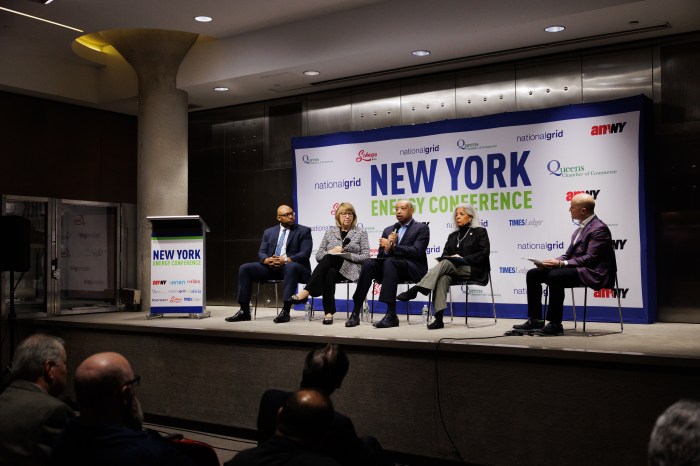Albany watchdogs believe the MTA board is approving multimillion-dollar projects without understanding what they’re signing off on, a culture that could lead to cost overruns and political overreach.
The good government group Reinvent Albany claims the MTA and its board, which serves as the agency’s governing body, have taken an “odd” approach toward contracting and approving $42.8 million in spending toward multistory, “decorative” towers at all nine MTA bridges and tunnel entrances — a small part of the New York Crossings project Gov. Andrew Cuomo unveiled last year, which has brought cashless tolling to city gateways.
Those tower costs were spread out over eight contract amendments approved over the course of three board meetings, making it difficult for the public — and likely the board — to track the reason for the spending; if the amount for such projects is appropriate; or whether the towers will actually be built on time and on budget, according to Reinvent Albany.
“What concerns us is that there was no discussion about what these towers were and how much they would ultimately cost collectively,” said John Kaehny, executive director of Reinvent Albany, who said it’s still unclear if all nine towers, many of which have yet to be built, would end up costing much more. “How is it possible for the MTA board to approve, for sure, tens of million of expenses without discussion or any questions — or even in one contract that’s competitively bid?”
The bigger question, Kaehny said, was if the MTA has taken a similar approach for funding and gaining board approval for other projects. He said such practices could financially strain an agency known for bloated construction costs.
“There are multiple different contract amendments for the towers that you really can’t keep track of, and that can lead to cost overruns — and that’s what the MTA is famous for,” Kaehny said.
During a meeting in May, MTA board member Polly Trottenberg, city Department of Transportation commissioner, abstained from voting on a capital plan amendment for that very reason. Without her vote, the board still passed the amendment, a 178-page document that was presented two days prior.
“I freely admit that I felt like there were some things in there that I really did not understand,” Trottenberg said after that meeting. “There’s a lot of information in here and I agree that some of the broad outlines in here are known, but the devil is in the details.”
Reinvent Albany has filed a formal complaint with the state’s Authorities Budget Office, which oversees its public authorities, to review whether the MTA board fully understood contract amendments ultimately approved for the towers.
The MTA did not address Kaehny’s claims in its statement. It did assure that the bridge and tunnel towers have a functional purpose.
“These elements of the new open road tolling system host cameras, traffic monitoring and other equipment related to security that would otherwise have been hosted by the former toll booth structures,” said MTA spokesman Christopher McKniff. “The gantries’ primary function is to support toll collection, and the towers augment various security initiatives.”
Jon Weinstein, spokesman for the governor, said the MTA’s cashless tolling project was “a long detailed process,” adding it’s “a great success that will reduce congestion and emissions, streamline our transportation arteries and save drivers thousands of hours in commuting time.”
